
OR
India turns positive to allowing Nepali LPG trucks on Indian soil
Published On: January 23, 2020 08:09 AM NPT By: RAJESH KHANAL
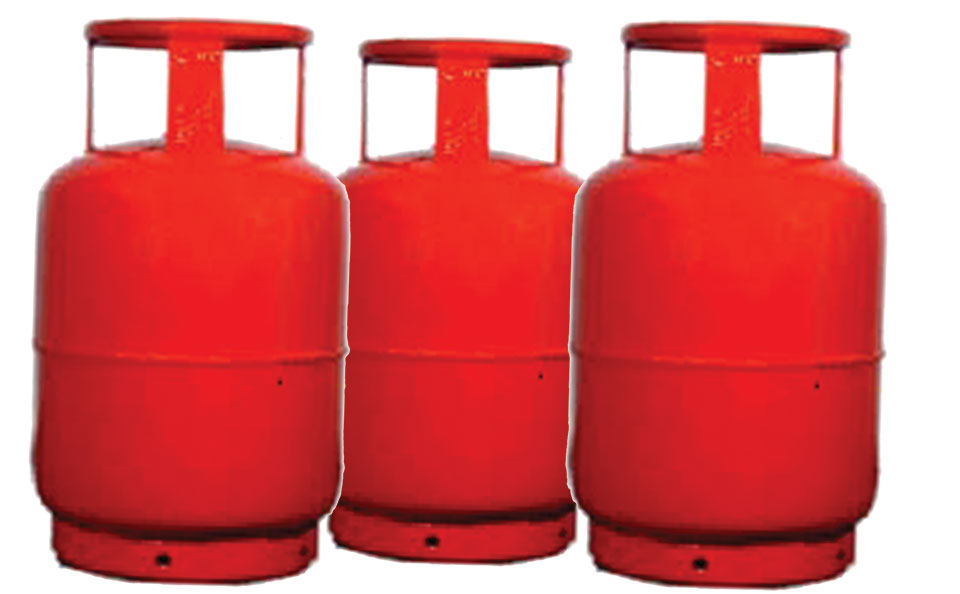
Indian refusal of explosives license for LPG container bullets with Nepali registration numbers has held things up for over three years
KATHMANDU, Jan 23: The Indian government has struck a positive note on allowing LPG container bullets with Nepali license plates to transport cooking gas from India, asking the Nepali authorities to coordinate with Indian officials concerned.
In July 2016, the government permitted domestic gas plants to operate such gas container bullets, breaking the decades-old monopoly of Indian transporters. The government move came after the fuel crisis that hit the country during the four and a half months long Indian blockade of 2015/16. Soon after the government decision, domestic gas bottlers had invested over Rs 5 billion toward acquiring 400 bullets bearing Nepali registration numbers, according to the Nepal LP Gas Industry Association.
Nepal imports an average of 35,000 tons of cooking gas per month to meet the demand in the country. In 2018/19, the country spent Rs 192.72 billion importing the fuel.
If the Nepali gas bullets come into operation, they are expected to save the country over Rs 3 billion annually. That amount is now being paid to Indian transporters. However, the ambitious plan faltered after the Indians turned reluctant to provide the explosives license, a mandatory legal requirement.
According to the Ministry of Industry, Commerce, India has given a positive indication it will now undo this obstacle.
Dhruva Ghimire, joint-secretary at the ministry, said the Indian authorities expressed their willingness during the Nepal-India Petroleum Joint Working Group meeting that was held on January 12-13 in New Delhi, the Indian capital.
“The Indian authorities have asked Nepal’s embassy in India to forward the matter to the Department of Commerce, the Department for Promotion of Industry and Internal Trade and the Petroleum and Explosives Safety Organization, and to remain in touch with these bodies on a regular basis,” said Ghimire.
Earlier, at almost every bilateral talks, the Indian authorities used to turn down the idea when put forth by the Nepali side. This time, the interest expressed by the Indian side has come as a surprise, and this is a silver lining, said government officials and gas bottlers.
Shiva Prasad Ghimire, former president of the association, said the recent development has given gas entrepreneurs a little hope of recovering the money they invested in acquiring the gas bullets. “As the issue of explosives license can be solved out only through high-level talks, government authorities should engage in rigorous follow up to bring some respite to the gas bottlers,” said Ghimire.
According to Ghimire, two gas trucks owned by Everest Gas have been lying idle for the past 30 months. “We have been paying the banks the equal monthly installments for the period even when we are unable to operate the vehicles,” he said. Ghimire is also the proprietor of Everest Gas.
Ghimire said 53 ready to move gas bullets are stuck on Indian soil. The gas companies have the chassis for another 15 bullets and have deposited 5% of the valuation in advance with the government in order to receive the operating license.
Likewise, Nepali gas companies have paid advances to Indian manufacturers for the chassis of 409 gas bullets. “In addition, all the 57 gas companies have maintained cash deposits at Nepal Oil Corporation with a view to acquiring 775 gas trucks,” according to Ghimire.
You May Like This
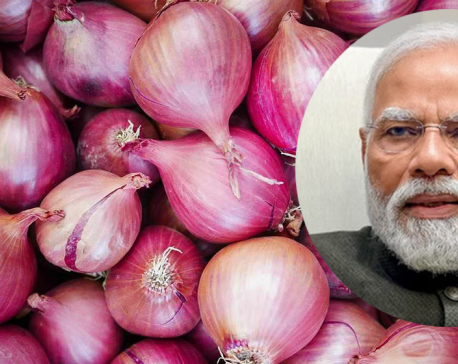
India lifts ban on onion export
KATHMANDU, Feb 18: The Indian government has lifted the ban on onion export. A committee formed under the chairmanship of... Read More...

Editorial: Say no to war
There is a real reason to worry for Nepal and the countries in Asia and beyond: China and India look... Read More...
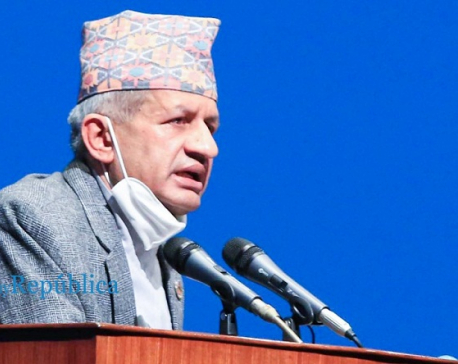
Nepal set to establish APF BOP near Kalapani
KATHMANDU, May 12: The Nepal government is soon establishing an Armed Police Force border outpost (BoP) near Kalapni, a Nepali... Read More...


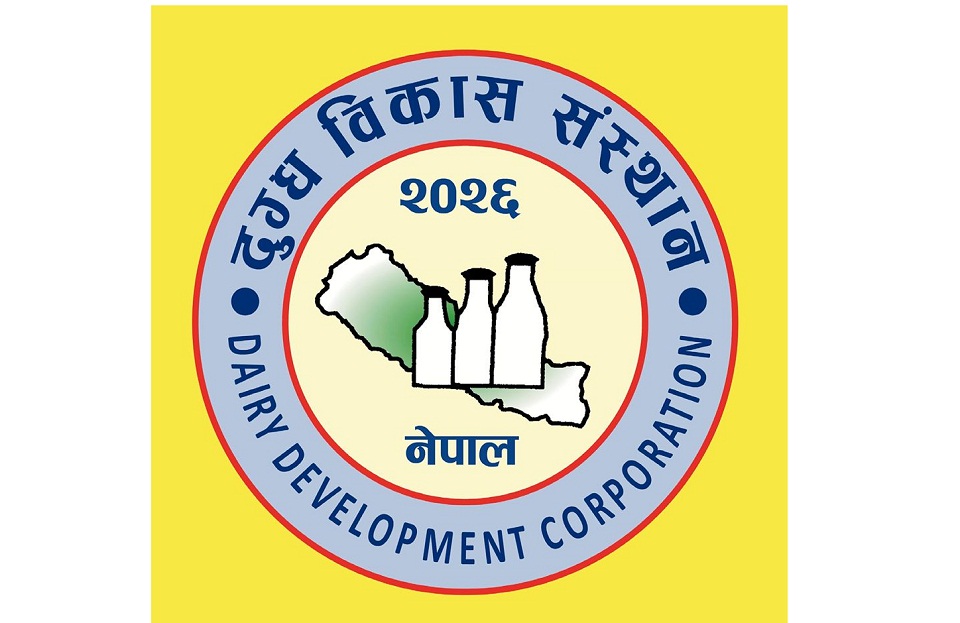


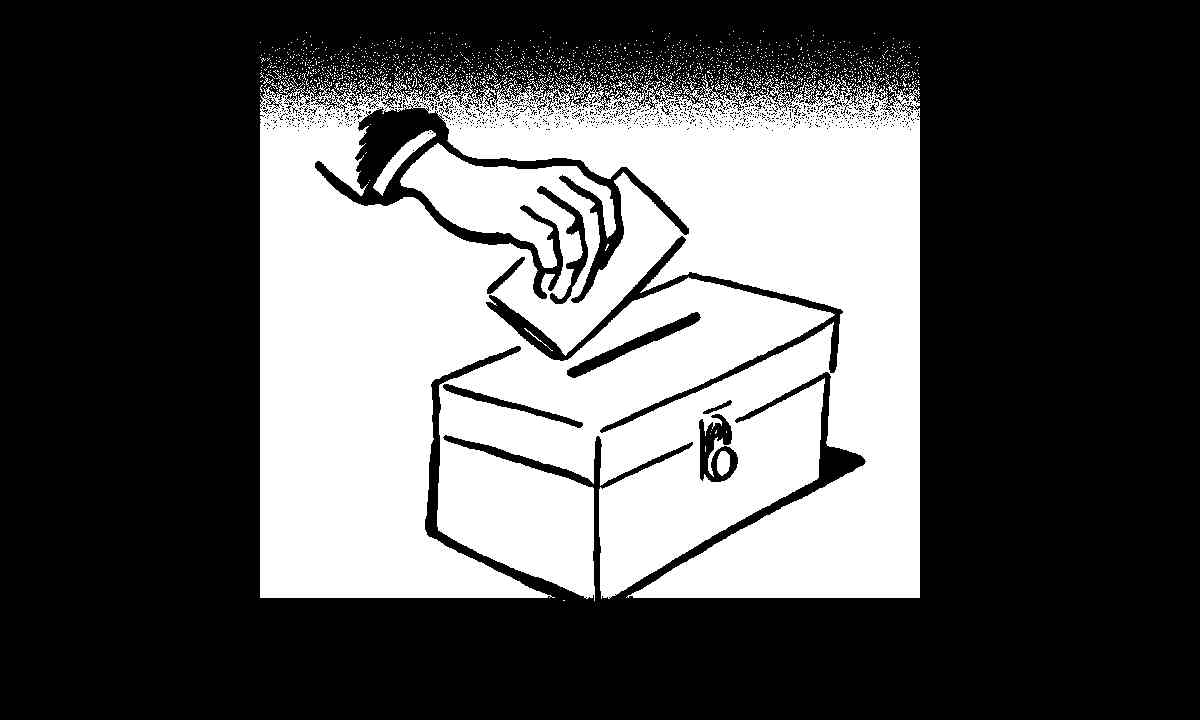
Just In
- DDC pays Rs 480 million dues to farmers
- Police arrest seven Indian nationals with 1.5 kg gold and Rs 14.3 million cash
- Gold price increases by Rs 1,400 today
- Kathmandu continues to top the chart of world’s most polluted city
- JSP Central Executive Committee meeting today
- Ambassador Adhikari presents his letter of credentials to Turkish President Erdoğan
- Bajhang by-election: Construction of Taklakot Road is common election agenda of candidates
- Meeting of Finance Committee being held today to discuss 2025/25 budget










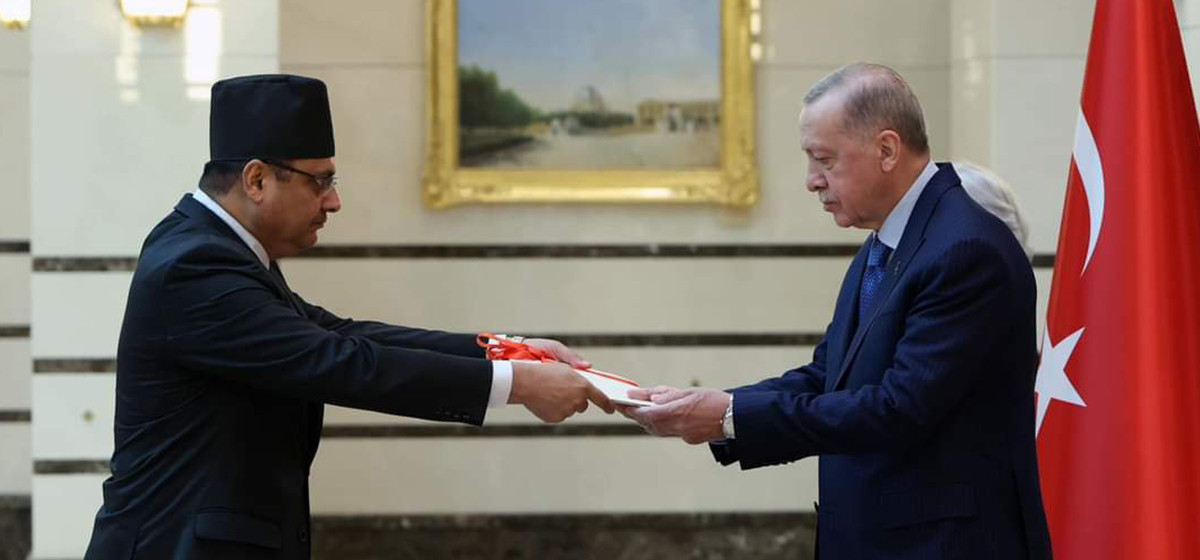
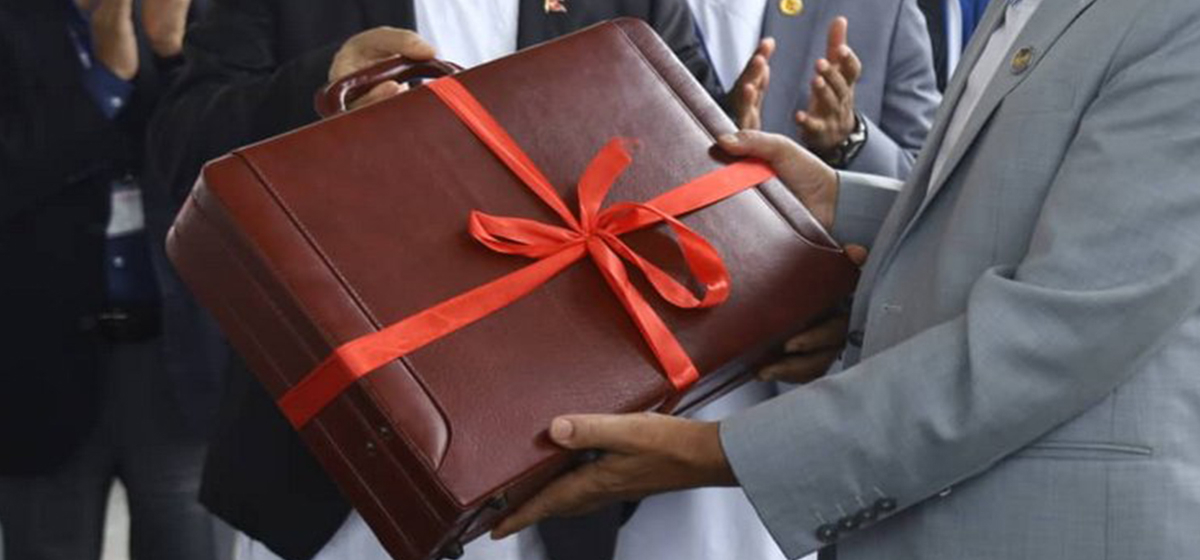
Leave A Comment